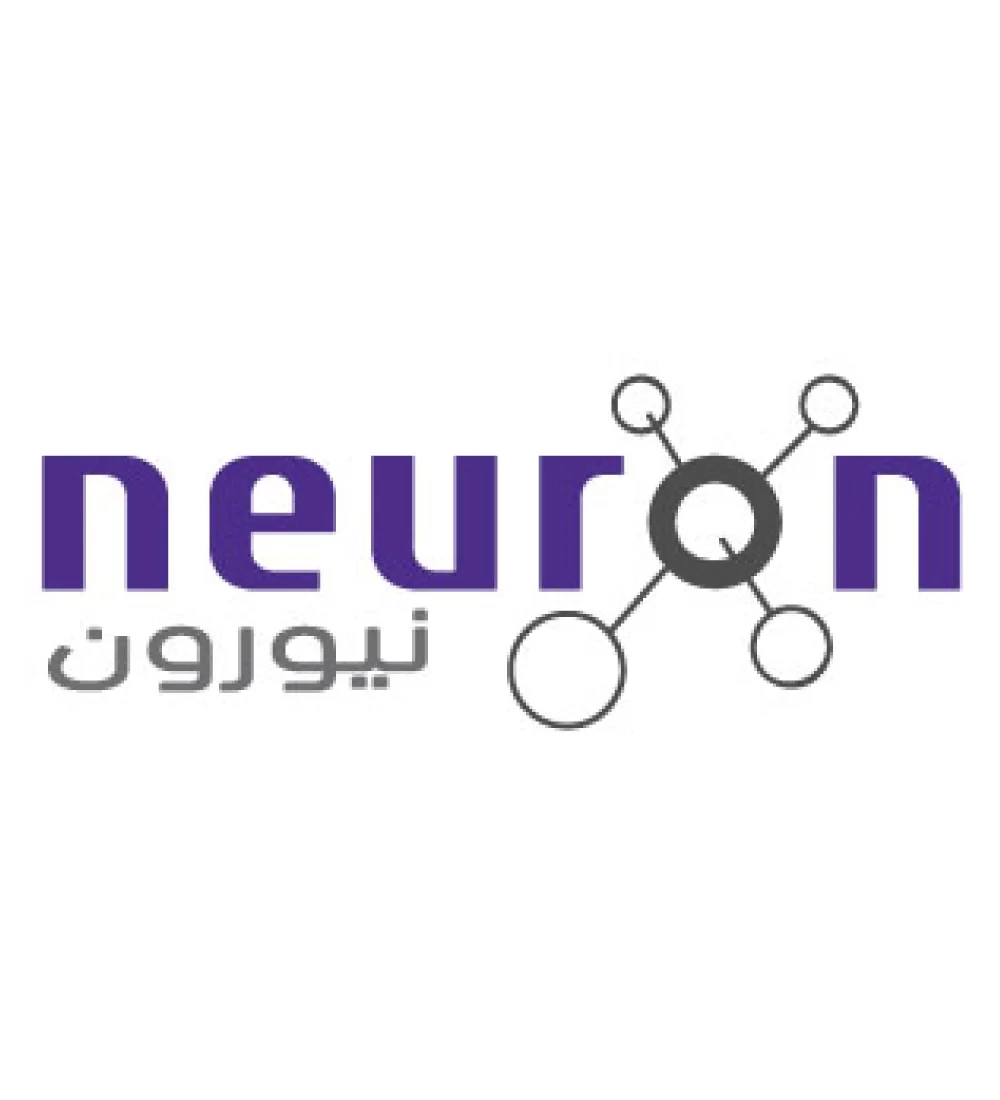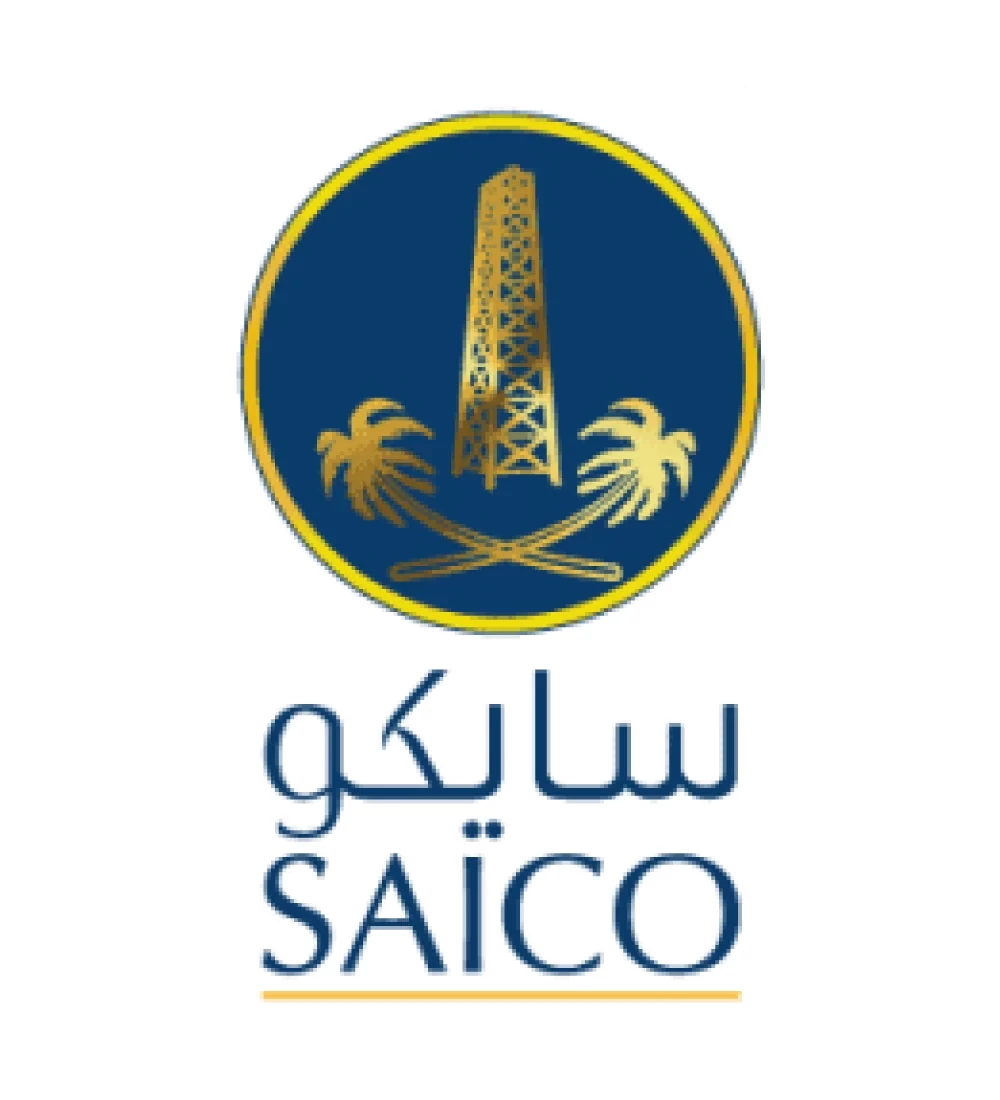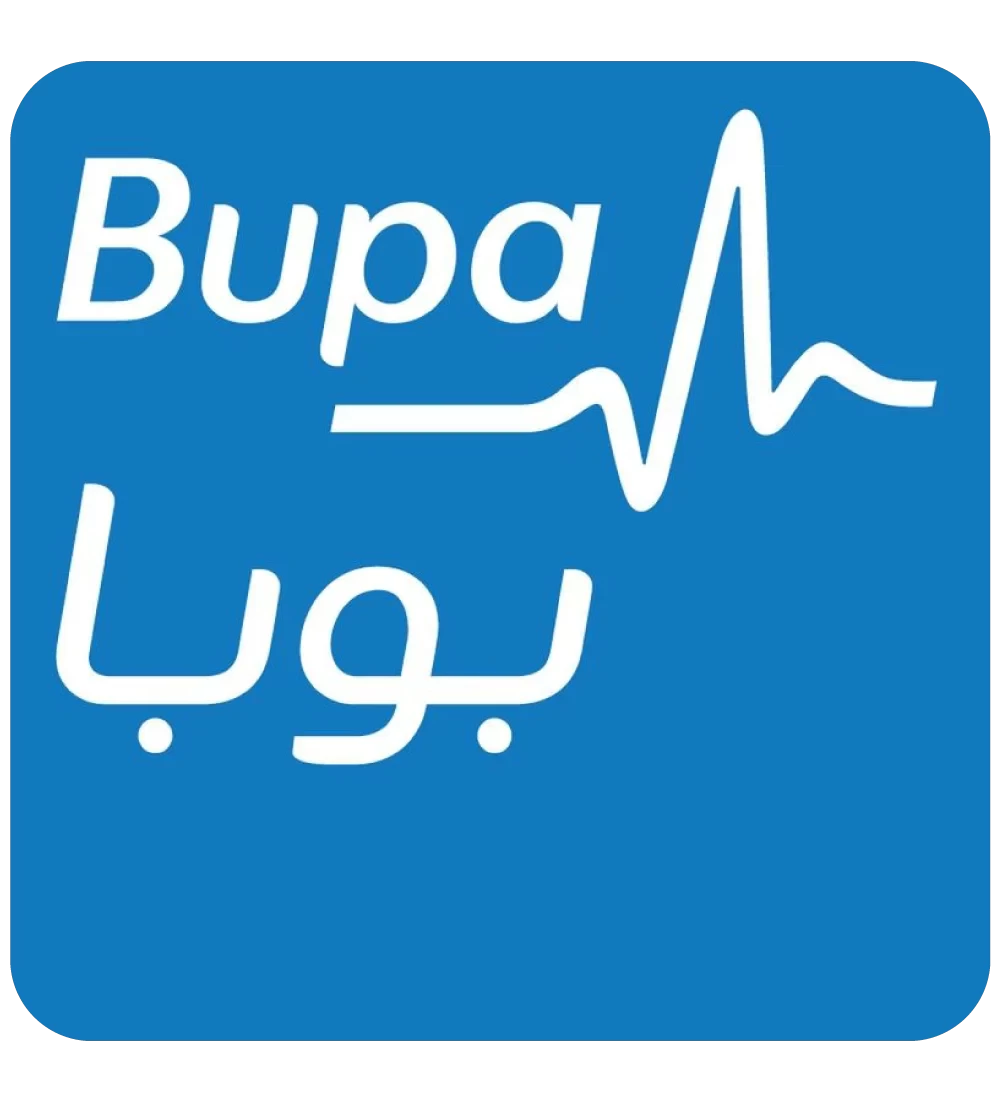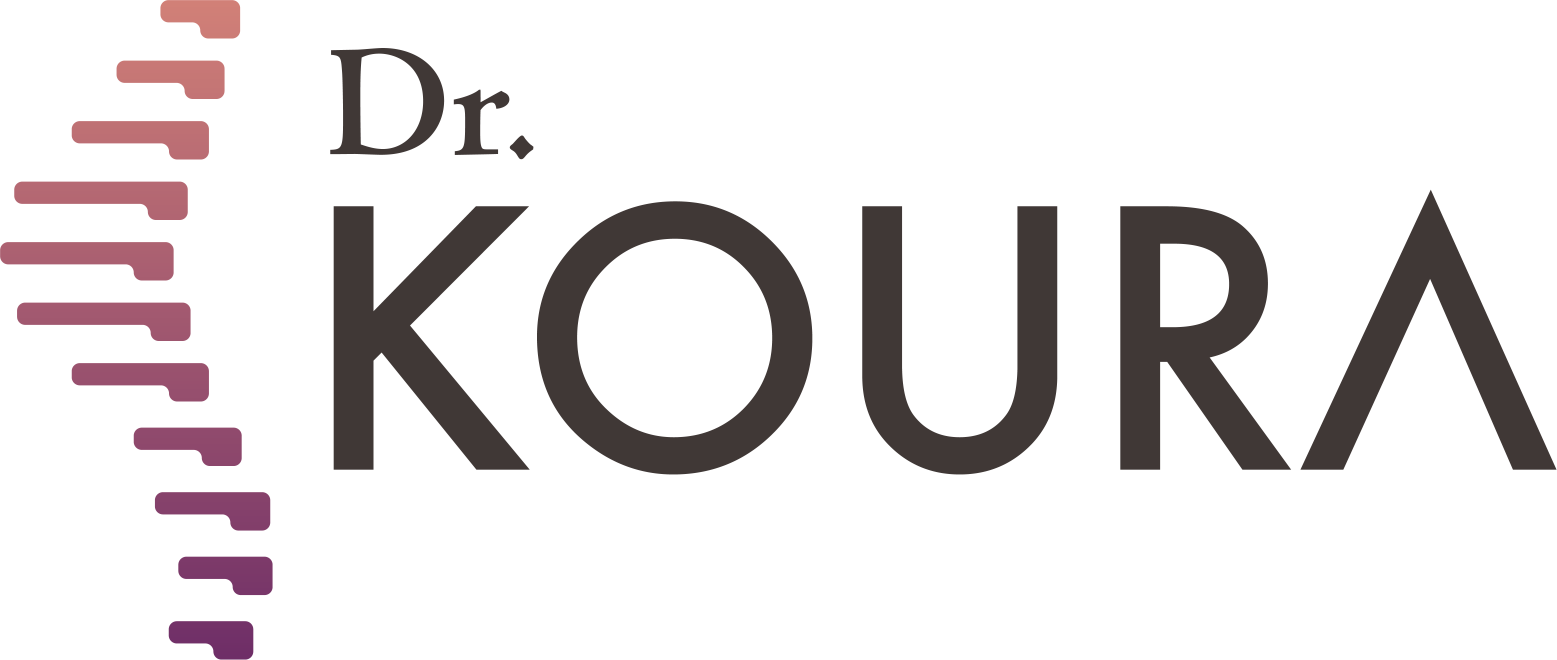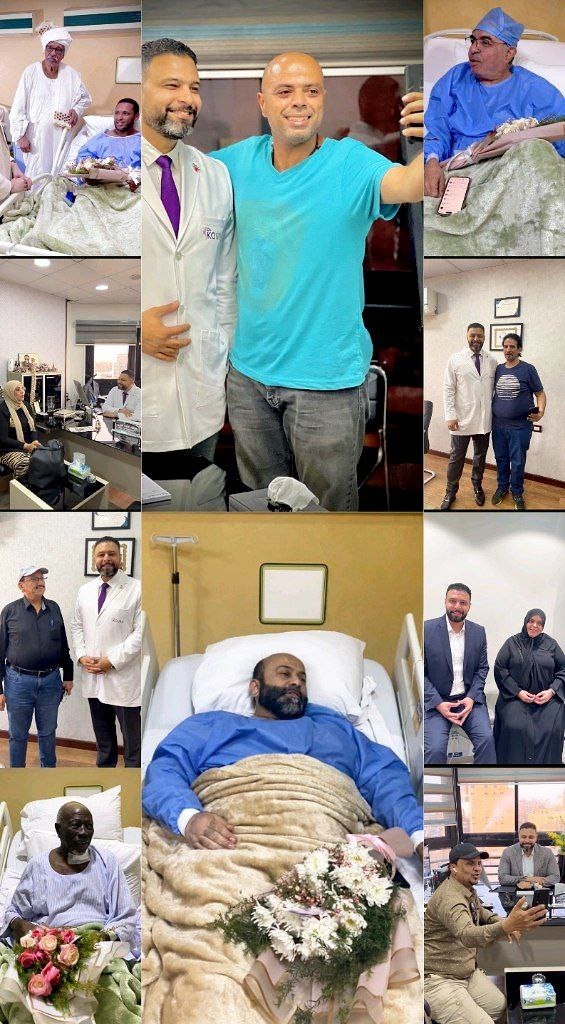
To see patients' reviews
Click hereRadiofrequency treatment for sciatica
-webp.webp)

Sciatica, medically known as sciatic nerve pain, is one of the most common causes of lower back pain radiating to the leg. The pain often starts in the lower back and extends down through the buttocks and thigh, and may even reach the leg or toes. The main cause of sciatica is compression or inflammation of the sciatic nerve, the longest and largest nerve in the body, extending from the lumbar spine to the end of the lower extremity. In many cases, the cause is a herniated lumbar disc, but it can also occur as a result of peripheral nerve inflammation, osteoarthritis of the spine, or direct injuries to the back or pelvis. Sciatica can affect both men and women, but it is more common in men, especially those who suffer from chronic lower back pain or spinal problems.
Causes of Sciatica
There are many causes that may lead to sciatica, or sciatic nerve pain, the most prominent of which is a herniated lumbar disc, where the slipped disc compresses the roots of the sciatic nerve, causing severe pain radiating from the lower back to the leg. Lumbar vertebrae osteoarthritis or joint degeneration can also cause nerve irritation and symptoms.
In other cases, the problem may be the result of inflammation of the lumbar nerve roots, inflammation of the peripheral nerves, as in diabetes, or even inflammation of the sympathetic nerve plexus. It is important to note that some patients do not show obvious problems on x-rays or spinal cord scans, yet they still experience pain due to minor inflammation of the sciatic nerve itself. This requires a thorough diagnosis to determine the true cause and develop an effective treatment plan.
Sciatica Symptoms
Sciatica, also known as sciatic nerve pain, is a condition that directly impacts a patient's quality of daily life. The most common symptoms include:
Pain that begins in the lower back and extends to the thigh, then the leg, and may reach the foot or toes, whether in the right or left leg.
Numbness or tingling in the leg or foot, with a feeling of numbness.
A burning sensation or sudden attacks similar to an electric shock along the sciatic nerve.
Weak leg muscles or difficulty moving and walking normally.
Problems sitting or standing for long periods due to lower back pain radiating down the leg.
In some cases, sciatica symptoms may overlap with other problems, such as:
Inflammation of the posterior muscles of the back.
Osteoarthritis of the hip joint or posterior pelvic joint.
Therefore, accurately diagnosing the cause of sciatica is a pivotal step in choosing the best treatment method, whether radiofrequency ablation, local injections, or other modern methods.
Different Sciatica Treatment Methods
Sciatica treatment depends on diagnosing the condition and identifying the primary cause of the pain. The most prominent treatment methods are:
1. Radiofrequency Ablation:
Radiofrequency ablation is one of the newest and best non-surgical sciatica treatment methods. Precise heat waves are directed at the pain nerve to reduce irritation and block the transmission of pain signals.
2. Targeted Injection:
Another treatment method for sciatica involves injecting anti-inflammatory drugs or cortisone directly into the nerve roots or within the joint to relieve pain and swelling.
3. Physical therapy and strengthening exercises:
To strengthen the lower back muscles, improve flexibility, and relieve pressure on the sciatic nerve.
5. Medications:
Such as anti-inflammatory drugs, muscle relaxants, or medications that control nerve pain signals.
Radiofrequency ablation for sciatica – The best non-surgical option
Radiofrequency ablation is considered one of the best non-surgical sciatica treatment methods, especially in cases that do not require surgical intervention. This procedure is performed under local anesthesia, using a fine needle, and the patient does not require any surgical incision.
Advantages:
Non-surgical and highly safe.
No complications or bleeding.
No hospital stay required.
No scarring or effects.
Patients return to normal life within days.
It is also used to treat osteoarthritis of the hip joint and peripheral nerve inflammation resulting from diabetes.
Advantages of treating lower back pain and sciatica with radiofrequency:
Performed under local anesthesia only.
No removal of any vertebrae or muscles.
Maintains spinal stability.
Does not cause fibrosis or adhesions.
The session takes only 20 minutes.
Patients return to normal life within a week.
Suitable for most cases without the need for surgery.
Why Dr. Mohamed Koura is the best doctor for treating sciatica.
If you're looking for the best doctor to treat sciatica and lower back pain without surgery, Dr. Mohamed Koura is the undisputed first choice. With over 15 years of experience in the field of non-surgical interventional treatment, he has been able to revolutionize treatment methods for the spine and joints, especially in cases of chronic sciatica.
Dr. Koura is considered a pioneer in the use of radiofrequency technology to treat sciatica, in addition to using the latest treatment methods, such as:
Non-surgical liposuction to treat herniated discs.
Disc FX technology, a unique and advanced technology that Dr. Koura was the first to introduce in Egypt and the Middle East. Because continuous development is one of his secrets, Dr. Mohamed Koura is keen to attend international medical conferences and keep up with the latest scientific developments in this field. The result? Thousands of patients have been relieved of back pain and sciatica without surgery, returning to their normal lives within days.
If you suffer from chronic or recurring lower back pain or symptoms similar to sciatica, don't wait for the condition to worsen. Early diagnosis and appropriate treatment can completely change your life. Book your consultation now with Mohamed Qura, one of the best spine specialists, and begin your recovery journey without surgery and using the latest medical technologies.
Dr. Mohamed Koura is here to assist you using the latest therapeutic techniques, including thermal radiofrequency and laser treatments for spinal pain without surgery—book your appointment now from here.
Why Choose Dr. Mohamed Koura ?
Simply because he is the best doctor in his feild. He stays updated on the latest treatment technologies through his participation in various international conferences with leading foreign doctors and experts. Finally, and most importantly, Dr. Mohamed Koura is the best doctor in Egypt and the Arab world, possessing 12 non-surgical techniques for treating spinal and joint problems. He was the first to introduce modern interventional treatment techniques in Egypt & the Middle East and is the only one using the disc fx technique to treat spinal pain.
To see patients' reviews
Click hereCertainly not, some cases must be treated surgically, and the most appropriate technique for the patient is determined through a medical examination and the presence of imaging studies.
No, it is necessary to make a reservation through a phone call or social media messages.
There are no risks or side effects associated with non-surgical pain interventions.
The patient needs only 3 to 4 days before they can travel comfortably, and the hospital stay does not exceed 6 to 8 hours.
A condition cannot be accurately assessed and a proper medical diagnosis made without a medical examination and recent imaging studies.
Yes, there are several payment methods available through Visa or electronic wallets by making a reservation on our website.
Certainly, obesity is one of the causes of knee osteoarthritis.
Radiofrequency activates the nerve and does not cause any damage to it.
Non-surgical interventions are a definitive treatment for some cases and pain relievers for other cases, which is determined by the doctor through a medical examination.
If the herniated disc is fully treated, there is a possibility of it reoccurring in some cases, such as not following the doctor's prescribed instructions after the intervention, experiencing an accident, or making a sudden wrong movement like lifting heavy objects.
The entire disc is not removed due to the presence of several risks and it may exacerbate the condition. Only the protruding part that causes pain is removed.
This cannot be done with radiofrequency, but it is performed through other techniques that Dr. Koura conducts.
The success or failure of non-surgical interventions cannot be judged through radiographic imaging because these procedures involve making subtle changes to critical parts to address the issue. Consequently, they do not produce significant changes to avoid potential complications in the future or damage to the spine and joints, which is our primary goal.
Spinal stenosis does not typically cause sciatica. In most cases, disc herniation is what may lead to sciatica. This does not necessarily mean that a patient with sciatica will also have spinal stenosis.
Sciatica may return if the patient does not adhere to the medical instructions provided by the doctor or in the event of an unexpected accident.
Lower back pain can result from several causes, including a herniated disc, nerve compression, muscle strain, or chronic spinal injuries. Lifestyle factors such as prolonged sitting, muscle weakness, and excess weight can also exacerbate the problem.
A life without pain without surgery
Once you book with Dr. Koura
Get rid of pain with just one call.. Book your appointment now with pain Management consultant Dr. Koura.
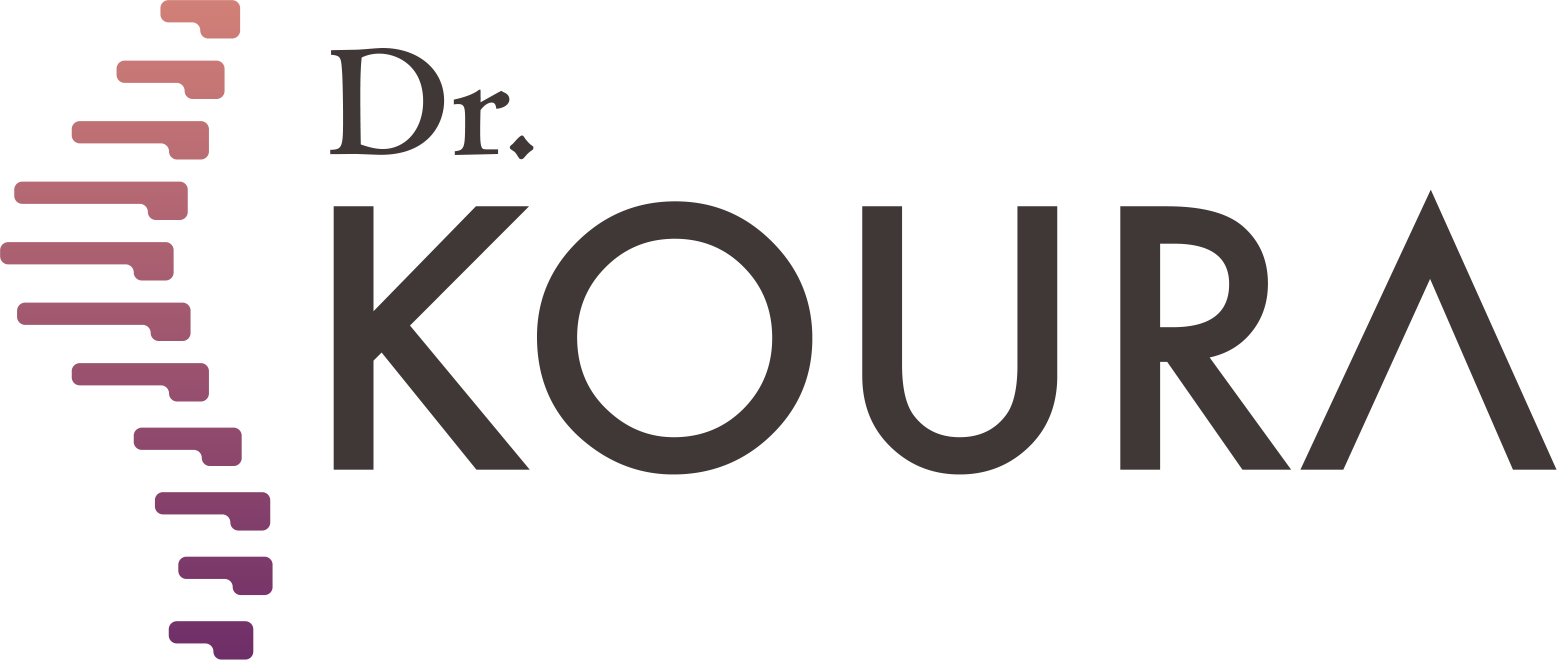





-webp.webp)




-webp.webp)







